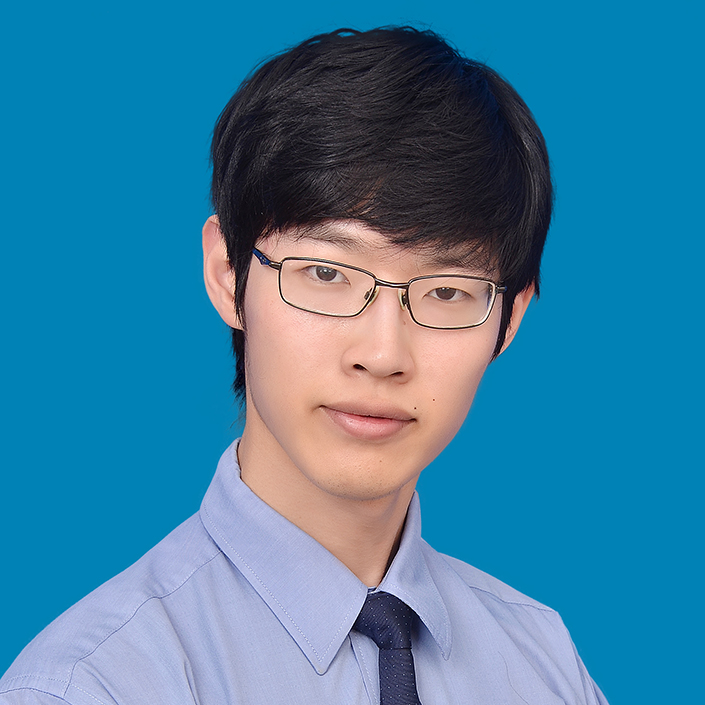New textbook provides hands-on guide for learning about chaotic dynamics and electronic circuits

Elegant Circuits, a new textbook co-authored by ECE Master’s student Wesley Joo-Chen Thio, teaches readers how to create a chaotic signal with electrical circuits. Published by World Scientific Press, the textbook requires an elementary knowledge of calculus, as well as the ability to understand a schematic diagram and related components. It is a resource ideally suited for hobbyists and students studying electronic circuit theory and applications.
“What’s fascinating is that the behavior of these circuits is complex and requires learning differential equations to understand, but the circuits can be easily built by a high school student, because they only use a few spare electronic parts,” Thio said.
The book specifically focuses on:
- Conventional Diode Circuits
- Transistor Circuits
- Tunnel Diode Circuits
- Thyristor Circuits
- Saturating Amplifier Circuits
- Analog Multiplier Circuits
- Nonlinear Inductor Circuits
- Memristor Circuits
Thio’s co-author is Julien Clinton Sprott, Professor Emeritus of Physics at the University of Wisconsin-Madison. Sprott has specialized in chaos theory since 1988, and he has authored approximately five hundred technical papers and several books, including Chaos and Time-Series Analysis (Oxford, 2003) and Elegant Chaos (World Scientific, 2010).
Sprott and Thio began collaborating on projects together when Thio was an undergraduate student at Ohio State University (where he earned his BS in ECE in 2018). Their first project together was focused on designing new circuits and systems. For Elegant Circuits, they decided to focus on circuits that can generate chaotic attractors with the fewest components.

The textbook is available for purchase in ebook and hardcover formats:
Thio is currently working with Prof. Wei Lu to build a computer chip that can efficiently run AI.
“My current project involves implementing an algorithm called the ‘Thousand Brains Theory,’ a promising neuroscience algorithm that describes how intelligence works, on an AI chip to study whether it leads to any improvements in performance,” Thio said.
Thio’s research work has resulted in over a dozen publications, as well as several patents. He was awarded Ohio State’s Next-Generation Innovator award in 2019.
 MENU
MENU 
